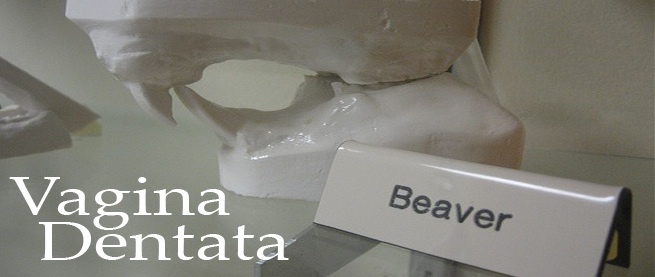
Ah, Harriet Harman. I really wish I could support you, but you are far too crap (great analysis on this from Laurie Penny). Harman has reignited the debate about representation of women in politics which after years of looking at gender balancing political party selection procedures, makes me want to gouge my own eyes out.
It really is this simple: we live in a society governed by a form of democracy which is tasked with responding to the needs of the population. That population has women in it, therefore those tasked with governing need to represent that population. While there have been great successes brought about by feminist men, giant leaps in social policy positively affecting women has been put on the agenda by women MPs.
Equality campaigners of all equality strands see political representation as an important part, albeit only one, of their struggle. Indeed the representation of women in the governments of the world is cited by international human rights instruments (CEDAW and committee recommendations) as an objective in the campaign for equality.
Strange then, that a call for equality always gets dragged down into a discussion of either female intelligence (or lack of) or the ‘fact’ that women just aren’t cut out for politics.
I won’t get into the in-depth debate about the nature of intelligence here and will just stick to IQ. The evidence obviously varies often depending on how the test is weighted but in general there is no mean average difference between men and women. Where there is evidence of a sex difference it is in IQ variance, where there are findings (such as this 2006 study) of more men than women in the top and bottom 2%, although this could also be due to sampling bias.
As with a lot of science, it doesn’t give people the definitive, unchanging and universal answer that they want. At the moment the very most that we can say is that there is some gender variation at the extremes and some gender differences in different cognitive abilities, but even that may be refined by new evidence.
What is the real problem, as ever, is not the science but its interpretation. Specifically, the dumbass reduction to ‘men are cleverer than women’. It is as silly as using the same ‘logic’ at the other end of the scale and saying ‘men are stupider than women’, interesting how this flip side is never used….
There are such things as female geniuses*, there are just more male ones. Conversely, there are females who are cognitively, er, challenged (?), there are just more males who are.
There is a greater difference in IQ within sexes than there is between them.
There are not many geniuses in politics (believe me I know a lot of politicians, hopefully none of whom read this blog…), indeed nor should they be over-represented. Our democratic institutions are intended to consist of laypersons. There are no qualifications to be an MP (other than eligibility issues; over-18, British citizen, not a bishop – seriously…) which is to enhance the diversity and experience of our representatives.
So I get a little tired of the inference being made that because of a over-representation of males in the higher IQ tail, we shouldn’t aspire to gender balance within politics. That argument misplaces the significance of statistical significance.
The interpretation of information of this nature must be handled responsibly. We can’t look on wide-eyed and say ‘Look, I’m just saying there are more extremely intelligent men than women. It’s just a statement of fact, you are doing the interpreting not little ol’ me’ It’s like Fox News just saying that some of those responsible for the Glasgow terrorist attack were doctors in a socialised health system. Or The Sun was just saying that the numbers of swans in London had gone down in the same time-frame that numbers of asylum seekers had gone up.
In a society riddled with gender inequality, where women are paid less than men, where traditionally ‘women’s work’ is undervalued and where women’s infuriating habit of reproducing is getting them sacked and publicly bollocked, just saying that geniuses are more likely to be male than female is used by bigots to call women stupid and incompetent.
I’m not calling for censorship here and I am not trying to shut down debate. I am saying that facts and debates do not happen in a vacuum unfettered by discriminatory attitudes and values. We have learnt the need to contextualise a debate about young black men and crime and not cherry pick statistics and pretend that the stats we use will not have insinuations and ramifications.
Primarily, I’d like to point out that its unlikely that those who use the stat on male IQ are in the upper tail themselves and that you can’t get there by association. The Dunning-Kruger effect frequently takes hold.
*I’m using the (yes, sloppy and lazy) shorthand ‘genius’ to signify the top 2% on IQ variation.






1 comment:
Excellent post. Einstein famously refused to become a politician (he was offered, and turned down, the Presidency of Israel).
Rightly so because I don't think he would have made an especially good politician, certainly he would not have been as good a politician as he was a physicist.
Although it's not terribly PC, in my experience, people are who "geniuses" in scientific fields are if anything less adept than average at the kind of social skills that you need to succeed in politics.
It takes a certain kind of mind to do what Einstein did, it takes another kind of mind to win at politics. There may be more male Einsteins, but that doesn't mean there should be more male politicians.
Post a Comment